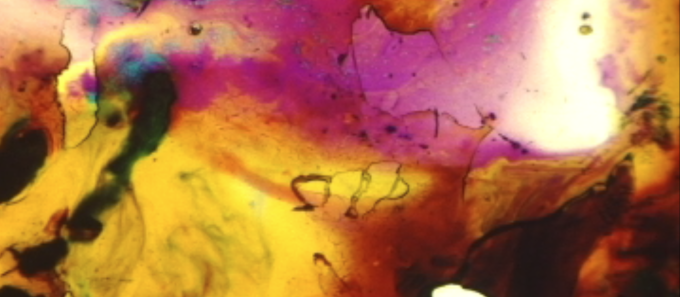- When:
- April 4, 2014 - April 5, 2014, Daily, 4:00pm - 6:00pm
- Description:
-
“Imagine a world alive with incomprehensible objects and shimmering with an endless variety of movement,” Stan Brakhage wrote, “and innumerable gradations of color.” The 10th Annual CMS Graduate Student Conference seeks to re-imagine the innumerable gradations of color in the history and theory of cinema. Colors can be “preserved,” “restored,” and “corrected,” but can their cultural meanings? Can we fix color as readily as we can calibrate our television set’s brightness and contrast? After all, color is permanently enmeshed in questions of realism, of spectacle, of film as art and film as industry—questions that this conference regards as catalysts for conversation.
Visit thesilverscreen2014.wordpress.com/ for conference schedule and details.
Keynote speaker Edward Branigan is professor of Film and Media Studies at the University of California - Santa Barbara and author of Projecting a Camera: Language-Games in Film Theory, Narrative Comprehension and Film, and Color in Cinema: Language, Memory, Commerce (forthcoming). His areas of specialty include classical and contemporary film theory, film analysis, and film narratology. His 1992 book, Narrative Comprehension and Film, won the Katherine Singer Kovacs book prize for the most distinguished achievement of the year in Cinema Studies. He and his colleague Professor Charles Wolfe are general editors of a 19-volume book series from Routledge and the American Film Institute, and are currently working on projects involving European Film Theory, Transnational Cinemas, Contemporary Film Theory, International Animation, and New Black Cinema. Forthcoming research from Professor Branigan includes an essay, The Sixth Sense of a Spectator, which examines how a spectator makes use of judgement heuristics in the interpretation of film, and an essay on the philosophy of new media, "If-then-else: Memory and the Path Not Taken", in a collection from the University of California Press, Interactive Frictions.
The Silver Screen: Theories and Histories of Cinematic Color

Stan Brakhage, <em>Persian Series, 1–5</em> (1999)